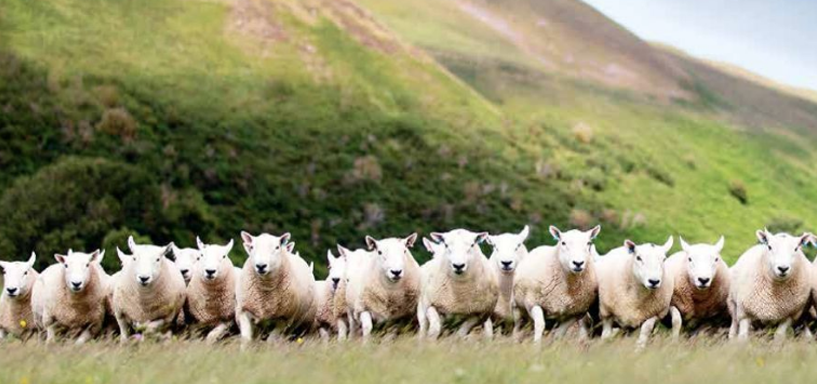
Sustainability itself is difficult to describe and quantify – for example, are tomatoes grown in Spain more resource efficient, including transport to the UK, than growing tomatoes in Scotland?
If you are growing tomatoes in Hawick and use waste heat from biogas and CO2 to heat a greenhouse, is that more sustainable than growing a tomato entirely ripened in the Spanish sunshine? None of us have the time to question every one of these sustainability loops every time we reach for a product in a shop or a local farmers market. We therefore need to have trust in our food systems and trust that our growers, farmers, cooperatives, and their processes are making good decisions on our behalf.
There are many initiatives across Scotland’s agricultural sector with the aim of increasing the sustainability of on-farm processes. Innovation is everywhere – for example, the use of solar photovoltaic (PV) panels on dairy farms to provide on-site electricity generation.
One much-debated topic asks if a meat- free diet is more sustainable. However, livestock production is a key part of a regenerative food system. If there is a demand for good quality, fresh, organic produce, it is actually very difficult to produce this type of food without inorganic fertiliser, such as bagged nitrogen, and most of this comes from livestock.
Many of our food systems create waste – in particular supermarkets, as most of the general public does not want wonky vegetables. But this waste can often find another use – this quality food, that is perfectly fine to eat, instead gets fed to animals. Another example of this is in the barley industry. If barley does not make the grade for whisky, it is often fed to pigs or other animals and their manure is then used to make the replacement crops more sustainable. In the brewing and beer industry, spent grains and other byproducts of brewing are also fed to animals.
As an industry, we need to make sure that those interested in food provenance can understand these systems. However, we also need to celebrate that in Scotland we have an effective, linked-up food system, with farm businesses constantly innovating to make this more sustainable. We can provide confidence to the consumer that our food systems are operating effectively and represent good management of not only our food, but our landscapes, air and water quality too.
This topic is far too big for one article, but it’s vital that people are given an opportunity to explore our food industry up close – which is where the Royal Highland Education Trust (RHET), the Royal Highland & Agricultural Society of Scotland (RHASS), and in particular the Royal Highland Show, come in.
In the meantime, we should pause to appreciate those throughout our food system, whether they be a chef in a restaurant, a crofter out on a hillside, or a farmer in their field for all that they do for us. We must as a society remember to value the food and drink these systems and people produce – we would soon notice if they stopped!


